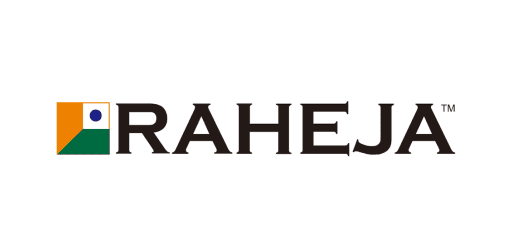
Valuations
What Is Valuation?
Valuation is the analytical process of determining the current (or projected) worth of an asset or a company. There are many techniques used for doing a valuation. An analyst placing a value on a company looks at the business's management, the composition of its capital structure, the prospect of future earnings, and the market value of its assets, among other metrics.
Fundamental analysis is often employed in valuation, although several other methods may be employed such as the capital asset pricing model (CAPM) or the dividend discount model (DDM).
KEY TAKEAWAYS
- Valuation is a quantitative process of determining the fair value of an asset, investment, or firm.
- In general, a company can be valued on its own on an absolute basis, or else on a relative basis compared to other similar companies or assets.
- There are several methods and techniques for arriving at a valuation—each of which may produce a different value.
- Valuations can be quickly impacted by corporate earnings or economic events that force analysts to retool their valuation models.
- While quantitative in nature, valuation often involves some degree of subjective input or assumptions.
Understanding Valuation
A valuation can be useful when trying to determine the fair value of a security, which is determined by what a buyer is willing to pay a seller, assuming both parties enter the transaction willingly. When a security trades on an exchange, buyers and sellers determine the market value of a stock or bond.
The concept of intrinsic value, however, refers to the perceived value of a security based on future earnings or some other company attribute unrelated to the market price of a security. That's where valuation comes into play. Analysts do a valuation to determine whether a company or asset is overvalued or undervalued by the market.
Types of Valuation Models
- Absolute valuation models attempt to find the intrinsic or "true" value of an investment based only on fundamentals. Looking at fundamentals simply means you would only focus on such things as dividends, cash flow, and the growth rate for a single company, and not worry about any other companies. Valuation models that fall into this category include the dividend discount model, discounted cash flow model, residual income model, and asset-based model.
- Relative valuation models, in contrast, operate by comparing the company in question to other similar companies. These methods involve calculating multiples and ratios, such as the price-to-earnings multiple, and comparing them to the multiples of similar companies.


































